“Little Legends: Exploring the Charms of Short-Haired Small Dog Breeds”
** Introduction **
Welcome to the wonderful world of short hair small dog breeds! If you’re looking for a sweet, low-maintenance, and furry companion full of personality, you’ve come to the right place. Short-haired small breed dogs are not only adorable; They bring a unique set of qualities that make them ideal companions for a variety of lifestyles.

Table of Contents
Imagine having a playful and affectionate friend with you without the hassle of excessive grooming. Short-haired breeds are a great choice for busy individuals or families looking for a small-sized friend that is easy to care for. Their smooth coats require minimal grooming compared to their long-haired counterparts, making them a practical choice for those who prefer simplicity.
What’s fascinating about these little dogs is their diverse range of personalities and characteristics. Despite their small size, they often have big personalities and endless energy, ready to join you on adventures or simply cuddle up on the couch. From lively terriers to gentle toy breeds, each short-haired small dog breed brings its own unique traits and quirks.

In this blog post, we will highlight the charm and appeal of various short-haired small dog breeds. Whether you’re a seasoned dog lover or considering getting your first pup, let’s take a look at why these pint-sized companions can bring so much joy and love to your life. So, grab a cup of tea, sit back, and let’s go on a joyous journey through the world of short-haired small dog breeds!
** 1 of 8 ** Characteristics of Short-Haired Dogs ;
Short-haired small dog breeds have unique characteristics that make them stand out as delightful companions. Let’s explore these attractive features:
1. Low-Maintenance Care:
Short-haired breeds are easier to groom than their long-haired counterparts. Their smooth coats require minimal brushing and are less prone to tangles and knots. This makes them ideal for busy individuals or families looking for a low-maintenance pet.
2. Shedding and Allergies:
Short-haired dogs shed less than long-haired breeds, making them more suitable for allergy sufferers. Regular brushing can reduce hair fall, keep your house clean and keep your allergies under control.
3. Active and Energetic:
Don’t be fooled by their size—many short-haired small dog breeds are full of energy and love to play! Breeds like Jack Russell Terriers or Miniature Pinschers thrive on activity and enjoy outdoor adventures with their humans.
4. Affectionate Nature:
These dogs often have big hearts and love to shower affection on their owners. Short-haired breeds like the French Bulldog or Boston Terrier are known for their loyalty and cuddly behavior.
5. Versatile Companion:
Short-haired small dog breeds adapt well to a variety of living situations, from apartments to large homes. They make excellent companions for singles, couples or families with children, offering companionship in a compact package.
Short-haired small dog breeds combine convenience with charm, making them a popular choice for dog lovers looking for an affectionate and low-maintenance furry friend.
** 2 of 8 ** Benefits of Small Dog Breeds ;
Small dog breeds offer many unique benefits that make them wonderful companions in a variety of lifestyles:
1. Size Advantage:
The most obvious advantage of small dog breeds is their size. Their compact stature makes them suitable for apartment living and easy to handle, especially for people with limited space or mobility.
2. Lower maintenance requirements:
Compared to larger breeds, smaller dogs generally require less food, grooming, and exercise. Small dog breeds, especially those with short hair, have simple coat care requirements, saving them time and effort in grooming.
3. Enhanced Portability:
Small dogs are easy to transport, whether for travel or daily walks. You can comfortably take them on road trips, flights, or visiting friends and family.
4. Affectionate and Loyal:
Despite their size, small breed dogs are often big on affection and loyalty. They form strong bonds with their owners and thrive on companionship, making them perfect for individuals or families who want a close bond with their pet.
5. Versatile Exercise Requirements:
Small dogs generally require less exercise than larger breeds. Short-haired small dog breeds can get enough exercise from frequent indoor play sessions and short walks, allowing them to adapt to different activity levels.
Choosing a short-haired small dog breed can bring immense joy and companionship to your life, offering unique benefits. Your lifestyle and preferences.
** 3 of 8 ** Popular Short-Haired Small Dog Breeds ;
1. French Bulldog

Description:
French Bulldogs are attractive, compact dogs with smooth coats and distinctive bat-like ears. They are affectionate, adaptable, and suitable for apartment living. Frenchies are known for their easy-going nature and make excellent companions for families and individuals.
2. Boston Terrier

Description:
Boston Terriers are friendly and intelligent dogs with smooth, short coats and distinctive tuxedo-like markings. They are affectionate, lively and enjoy being a part of family activities. Boston Terriers are easy to train and have a playful personality that makes them great companions for children.
3. Chihuahua
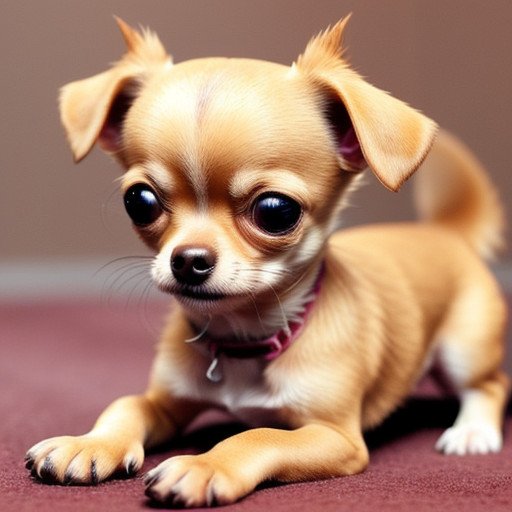
Description:
Chihuahua is the smallest breed of dog with short or long coat. They are confident, alert and have a big personality in a small body. Chihuahuas are loyal to their owners and adapt well to a variety of living situations, making them popular companions for city dwellers.
4. Miniature Pinscher
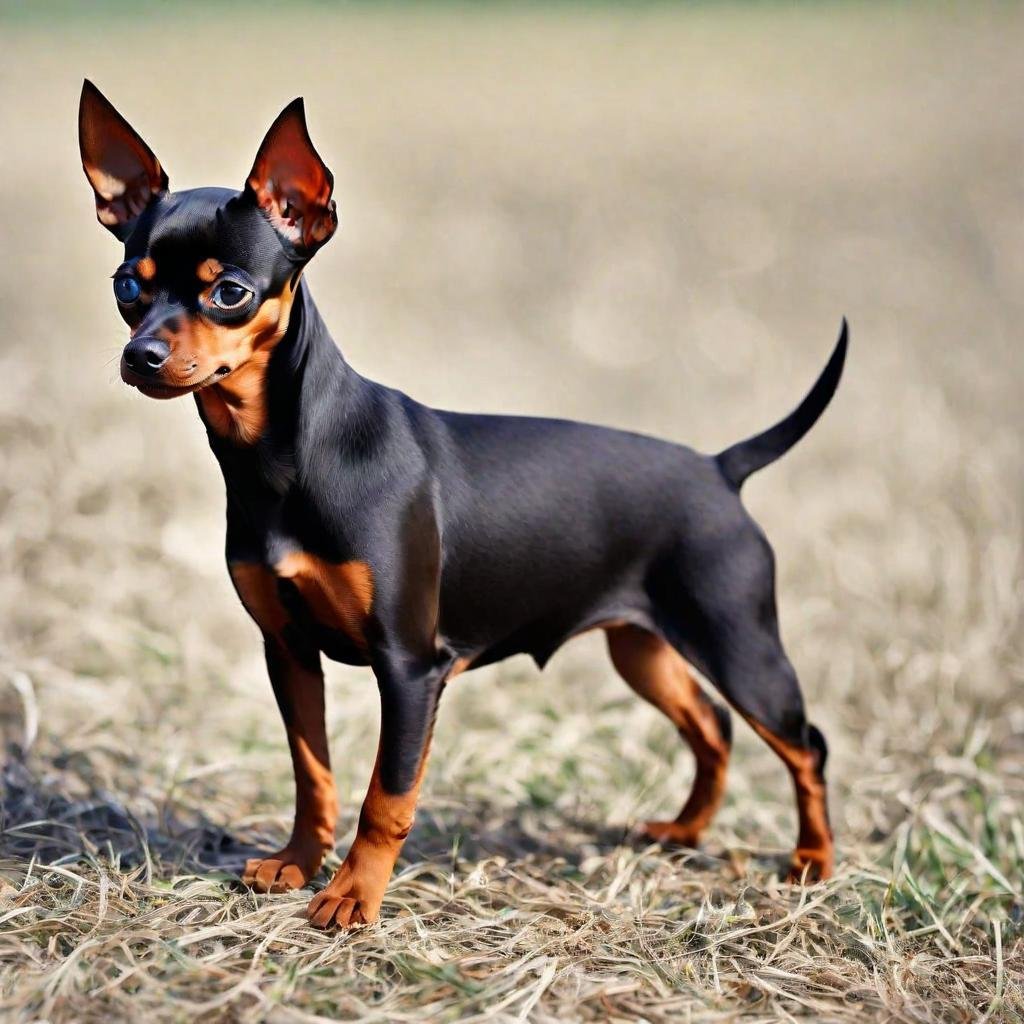
Description:
Miniature Pinschers, or “Min Pins”, are energetic and cheerful dogs with short, smooth coats and a proud stance. They Additionally, another popular short-haired small dog breed is:
5. Dachshund (Smooth Coat)
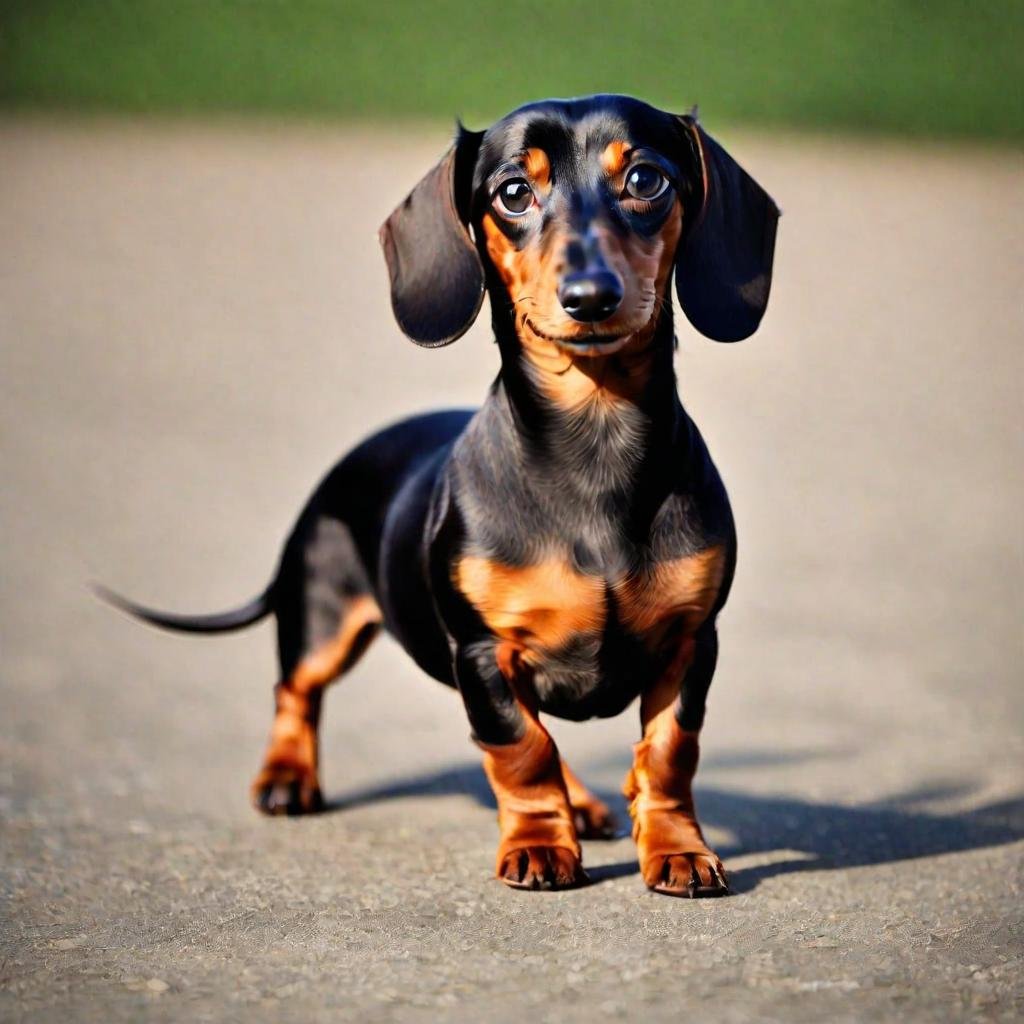
Description:
The smooth-coated Dachshund, also known as the “Wiener dog,” is adventurous and inquisitive with a short, shiny coat. There are dogs. They have an adventurous personality and love exploring their surroundings. Dachshunds are affectionate and devoted companions to families, although they can have a stubborn streak that requires patient training.
6. Beagle

Description:
Beagles are friendly and curious dogs with short, easy-to-care coats. They are known for their keen sense of smell and love of exploration. Beagles are energetic but also love to relax with their family. They prove to be great companions for active individuals or families with children, as they are friendly and adaptable.
7. Jack Russell Terrier
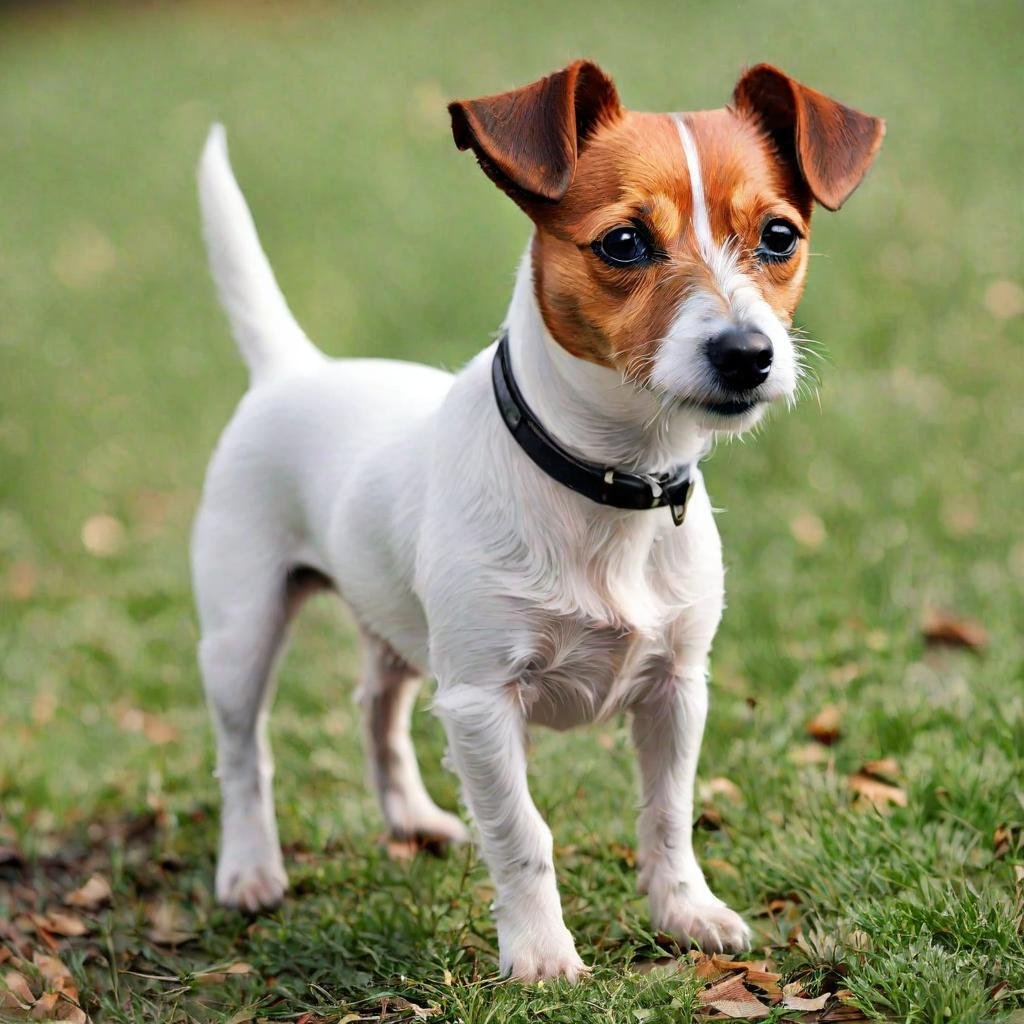
Description:
Jack Russell Terriers are energetic and intelligent dogs with short, smooth coats. They are known for their lively and fearless nature, making them excellent companions for active individuals or families. Jack Russells emphasize exercise and mental stimulation and excel in activities such as agility and obedience.
8. Pug

Description:
Pugs are charming and affectionate dogs with smooth, short coats and distinctive wrinkled faces. They are known for their playful and loving nature, making them wonderful companions for families and individuals. Pugs have calm personalities and adapt well to different living situations.
9. Shih Tzu

Description:
Shih Tzus are charming and affectionate dogs with a luxurious, flowing coat that can be kept short for easy maintenance. They have a friendly and outgoing personality, making them great companions for families and individuals looking for a small, companion dog.
10. Miniature Schnauzer
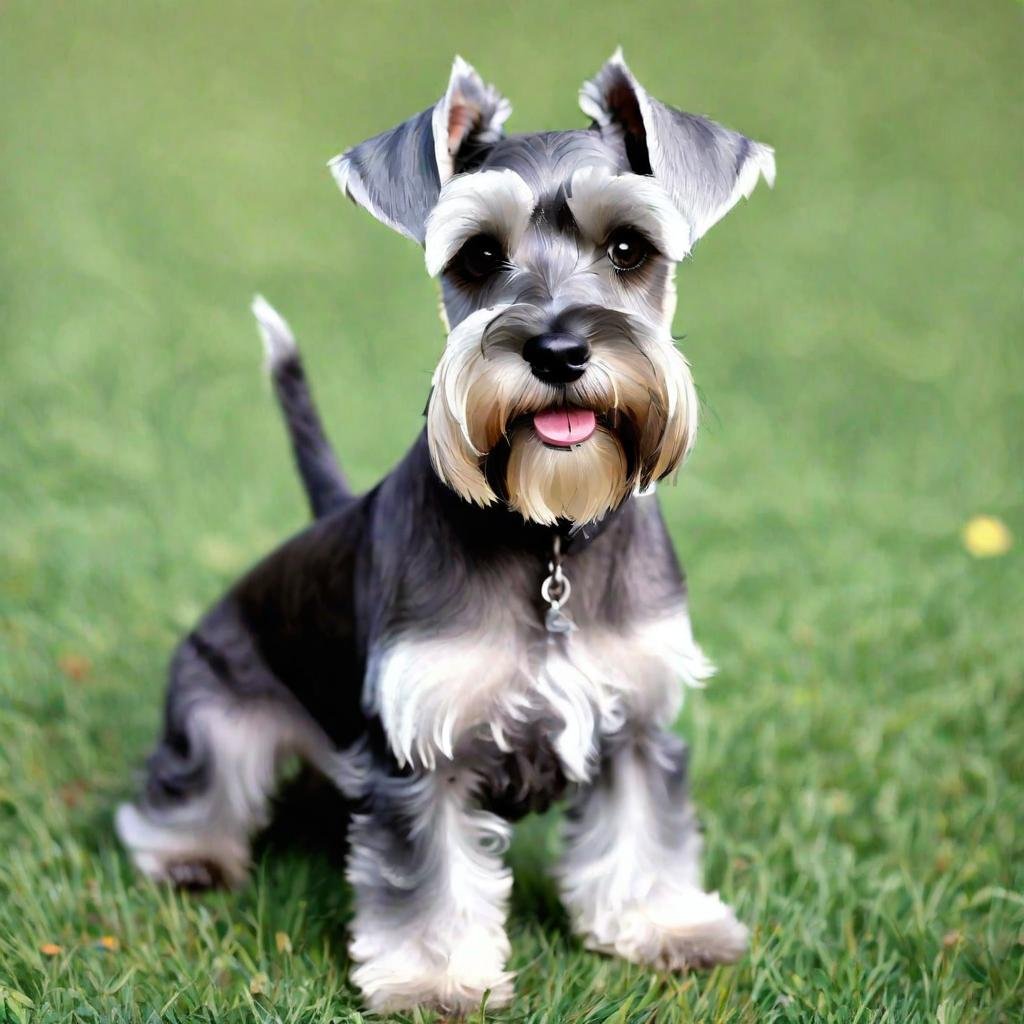
Description:
The Miniature Schnauzer is a lively and intelligent dog with a hard, short coat that requires regular grooming. They are known for their spirited personalities and make excellent companions for families and individuals.
11. Rat Terrier
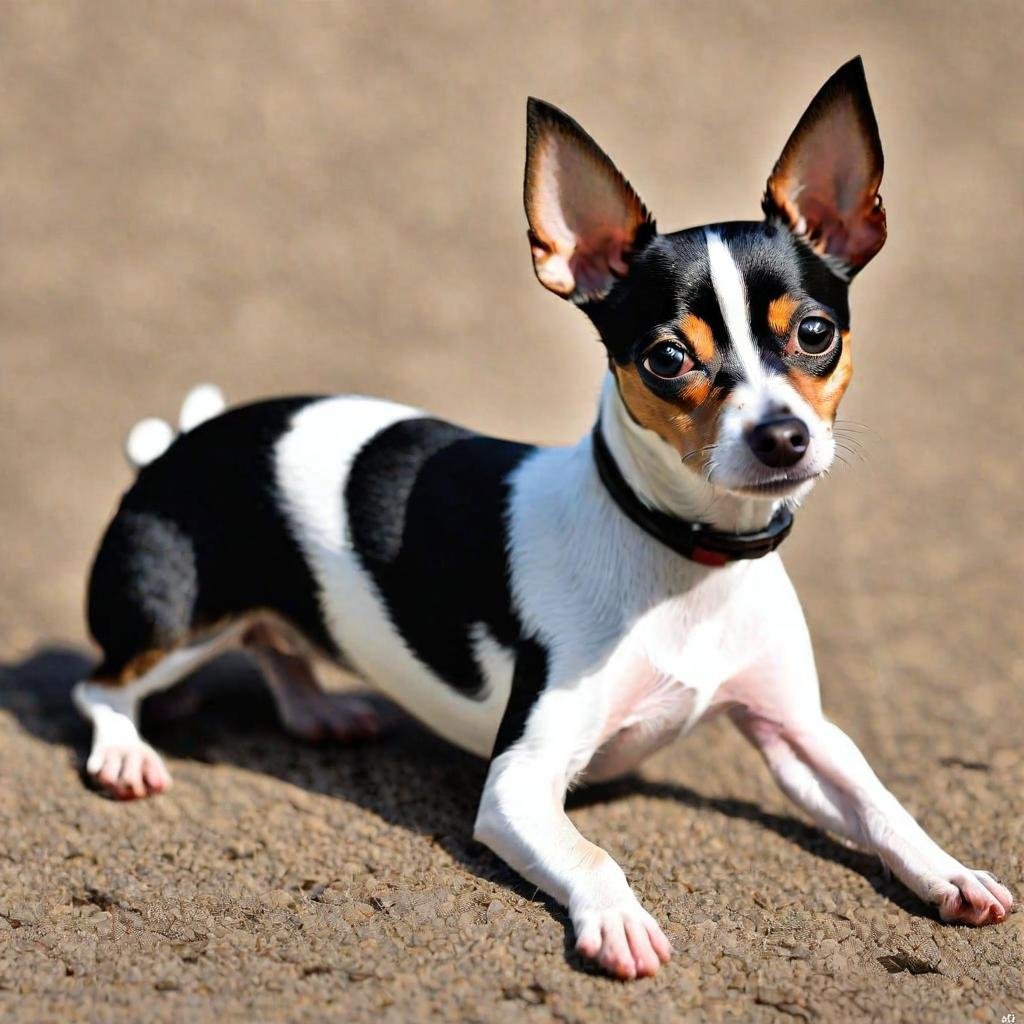
Description:
Rat Terriers are energetic and intelligent dogs with short, smooth coats. They are known for their agility and hunting ability, making them excellent companions for active individuals or families. Rat Terriers are loyal, affectionate and thrive on mental and physical stimulation.
12. Italian Greyhound
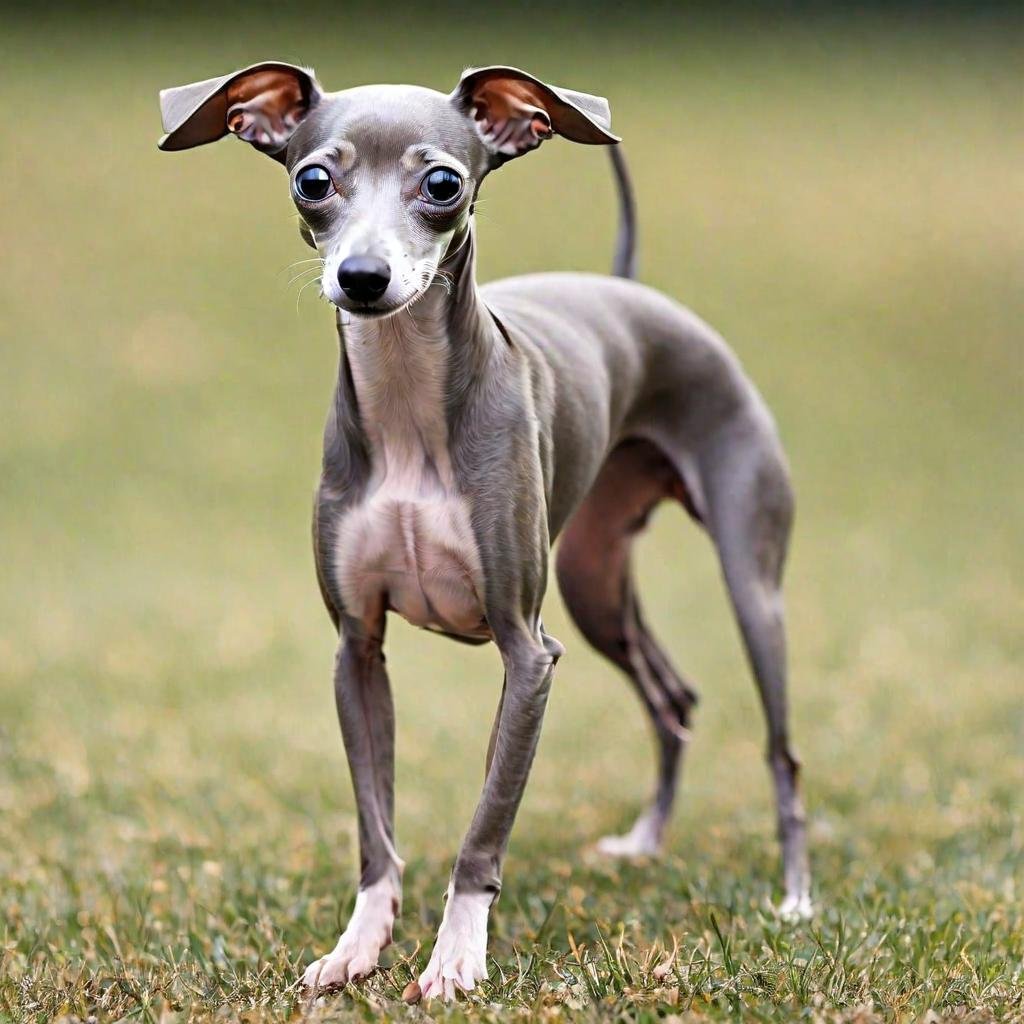
Description:
Italian Greyhounds are elegant and beautiful dogs with short, easy-to-care coats. They are sensitive, affectionate and thrive on companionship.
13. Basenji
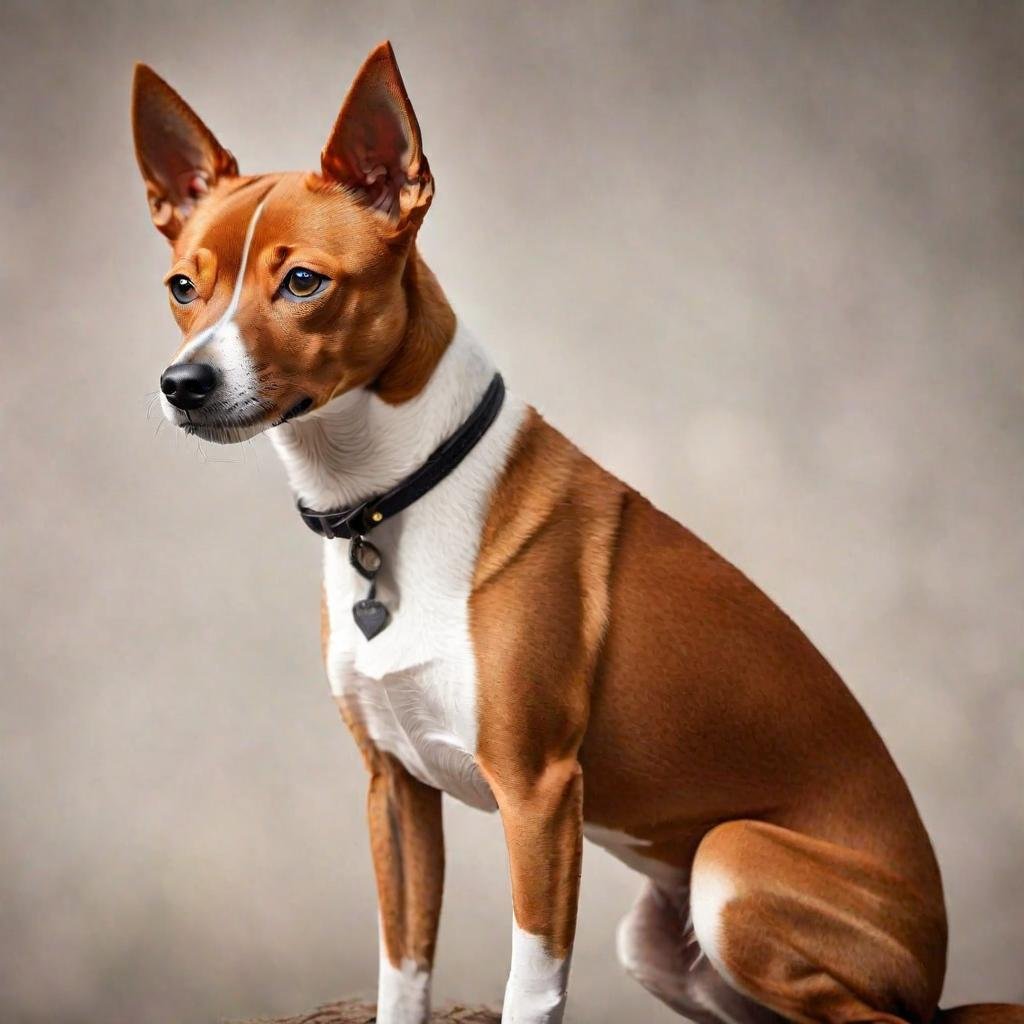
Description:
Basenjis are unique dogs known for their barkless nature and short coats. They are independent but loyal companions, making them ideal for experienced dog owners.
14. Hunting dog
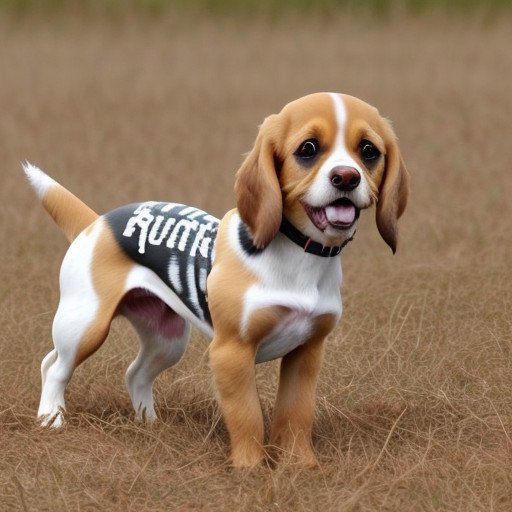
Description:
Bull Terriers have a muscular structure and a short, shiny coat. They are playful, affectionate and are known for their unique egg-shaped heads.
** 4 of 8 ** Choosing the Right Short-Haired Small Dog ;
Choosing the right short haired small dog breed involves considering many factors to ensure a good match with your lifestyle and preferences. Here’s a guide to help you choose the best option:
1. Size and space:
Consider the size of the dog and the space you live in. Some small breeds, like the Chihuahua or French Bulldog, are suitable for apartments, while others may need more space to roam.
2. Energy Level:
Assess the dog’s energy level and exercise needs. Active breeds like Jack Russell Terriers or Miniature Pinschers need regular exercise and mental stimulation.
3. Temperament:
Research the temperament traits of the breed. For example, Boston Terriers are friendly and adaptable, while Dachshunds can be independent and adventurous.
4. Furnishing Needs:
Evaluate furnishing needs. Short-haired breeds generally require less maintenance, but some breeds, like the Beagle, may shed more hair than others.
5. Compatibility:
Consider compatibility with your lifestyle. If you have children or other pets, choose a breed that is known to be good with families and other animals.

6. Ease of Training:
Consider the trainability of the breed. Breeds such as Italian Greyhounds or Basenjis can be more independent-minded, requiring patient and consistent training.
7. Health Considerations:
Research common health issues associated with the breed. Make sure you are prepared for any potential health concerns and commit to regular veterinary care.
By considering these factors and researching different short-haired small dog breeds, you can make an informed decision that leads to a rewarding and gratifying companionship with your new furry friend.
** 5 of 8 ** Grooming and Care Tips ;
Short-haired small dog breeds are generally easier to groom and care for than long-haired breeds, but they still require attention to stay healthy and happy. Here are some unique grooming and care tips:
1. Brushing:
Even though short-haired breeds do not require extensive brushing, brushing once weekly with a soft brush helps to remove loose hair and distribute natural oils for a shiny coat.
2. Bathing:
Bathe your short-haired dog as needed, usually every 4-6 weeks or as they become dirty. Use a mild dog shampoo to avoid stripping the dog’s hair of its natural oils.
3. Coat Care:
Keep an eye out for any skin problems or parasites. Check their coat and skin regularly for signs of irritation, ticks or fleas.
4. Nail Care:
Trim your dog’s nails every few weeks to prevent overgrowth and discomfort. Use dog nail clippers and be careful not to cut too quickly (the blood vessel inside the nail).

5. Dental Care:
Dental hygiene is important for all dogs. Brush your dog’s teeth regularly with a dog-specific toothpaste and toothbrush to avoid dental problems.
6. Ear Cleaning:
Check and clean your dog’s ears weekly to prevent wax accumulation and infection. Use dog ear cleaner and cotton balls, and avoid inserting anything deep into the ear canal.
7. Regular Veterinarian Visits:
Schedule regular checkups with your veterinarian to monitor your dog’s overall health, vaccinations, and preventive care.
By following these grooming and care tips, you can ensure that your short-haired miniature dog remains healthy, comfortable, and looking his or her best for years to come.
** 6 of 8 ** Exercise and Training ;
Exercise and training are essential to the well-being and happiness of short-haired small breed dogs. Here are some unique tips to keep them active and well-behaved:
1. Daily walks:
Small dogs with short hair still need regular exercise, so aim for at least one or two short walks per day. This helps them burn excess energy and maintain a healthy weight.
2. Interactive Playtime:
Keep your dog engaged in interactive play sessions with toys like balls, tug ropes or puzzle toys. It stimulates their mind and keeps them physically active indoors.

3. Mental stimulation:
Challenge your dog’s intelligence with training exercises and games that require problem-solving. Short training sessions using positive reinforcement techniques work well with small breeds.
4. Socialization:
Expose your dog to different environments, people, and other animals from an early age. Socialization helps prevent behavioral problems and ensures they are comfortable in a variety of settings.
5. Obedience Training:
Teach basic obedience commands such as sit, stay and come using positive reinforcement methods such as treats and praise. Consistent training creates a stronger bond between you and your dog.
6. Agility Training:
Set up a small agility course in your backyard or at the local dog park. Short-haired small breeds like Jack Russell Terriers excel in agility activities and enjoy mental and physical challenge.
7. Supervised playgroup:
Arrange playtime with other small, friendly dogs to provide social interaction and exercise in a controlled environment.
By incorporating these exercise and training tips into your daily routine, you can ensure that your short-haired miniature dog remains happy, healthy, and well-behaved.
** 7 of 8 ** Health Considerations ;
When caring for short-haired small dog breeds, it is important to be aware of specific health considerations that may affect them. Here are some unique health aspects to keep in mind:

1. Temperature Sensitivity:
Short-haired breeds may be more sensitive to extreme temperatures. Protect them from cold weather with appropriate clothing and limit outdoor activities during hot weather to avoid overheating.
2. Dental Health:
Small breeds like the Chihuahua and Italian Greyhound are prone to dental problems due to overcrowding. Regular dental care, including brushing and flossing, can help prevent dental disease.
3. Luxating Patella:
Some small breeds, such as Miniature Pinschers and Chihuahuas, are prone to luxating patella (dislocated knee cap). Watch for signs of limping or difficulty walking and consult your veterinarian for evaluation.
4. Risk of Obesity:
Small dogs with short hair can easily gain weight, which can lead to obesity-related health problems. Monitor their diet, avoid overeating, and exercise regularly to maintain a healthy weight.
5. Allergies:
Some breeds may be prone to allergies, resulting in skin irritation or digestive problems. Keep an eye out for symptoms such as itching, redness or ear infections and consult your veterinarian for proper diagnosis and treatment.
6. Breed-Specific Conditions:
Research breed-specific health concerns for your chosen breed. For example, Dachshunds are prone to back problems, while Boston Terriers can have respiratory problems.

Regular veterinary checkups, a balanced diet, appropriate exercise, and preventive care are essential to address and manage these health concerns in short-haired small dog breeds. Being proactive in monitoring your dog’s health can contribute to a long and happy life together.
** 8 of 8 ** Lifestyle with a Small Dog ;
Living with a small dog, especially a short-haired breed, offers a unique and rewarding lifestyle. Here’s why:
1. Indoor Adaptability:
Short-haired miniature dogs are well suited to living indoors, making them ideal companions for apartment dwellers or those with limited outdoor space.
2. Portability:
Small dogs are easy to carry, whether for travel or daily walks. You can bring them with you on road trips, flights or when visiting friends and family without any hassle.
3. Exercise Ease:
Short-haired small breeds require less exercise than larger dogs. They can get enough activity indoors through playtime or short walks, allowing them to adapt to different lifestyles.
4. Close Companions:
Small dogs often form strong bonds with their owners and enjoy being close to them. They make excellent lap dogs and provide constant companionship and affection.
5. Social interaction:
Small dogs are great ice breakers and can help facilitate social interaction with neighbors and fellow dog owners during walks or walks.
6. Easy Care:
Short-haired breeds require minimal grooming, saving time and effort on coat care. This leaves more time for quality bonding activities with your furry friend.
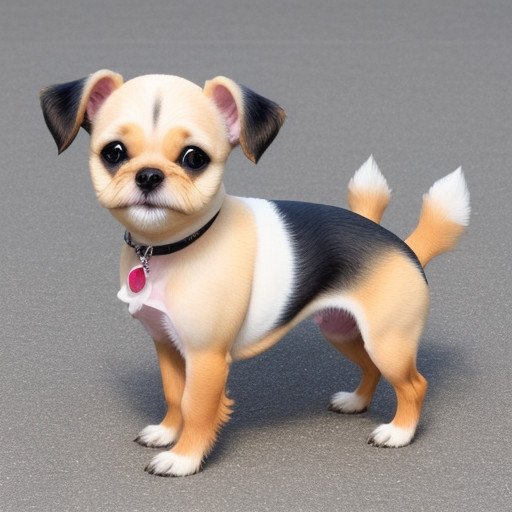
7. Emotional Support:
Small dogs are known for their emotional support and can provide comfort and companionship during stressful times.
In short, sharing your life with a short-haired miniature dog enriches your daily routine with joy, affection, and adaptability, enhancing the overall quality of your life.
** Conclusion to short hair small dog breeds **
Ultimately, short-haired small breed dogs bring a special kind of joy and companionship to our lives. These pint-sized pups offer a variety of benefits from easy care to an adaptable lifestyle, making them a popular choice for dog lovers everywhere.
Choosing a short-haired small dog breed means enjoying the convenience of living indoors without compromising companionship. Their portable size allows seamless travel and social interaction, enhancing our daily experiences.
The unique characteristics of each breed, whether it’s the playful nature of the Boston Terrier or the beauty of the Italian Greyhound, add personality and charm to our homes. Short-haired breeds like the French Bulldog and Chihuahua form strong bonds with their owners, providing unwavering loyalty and affection.
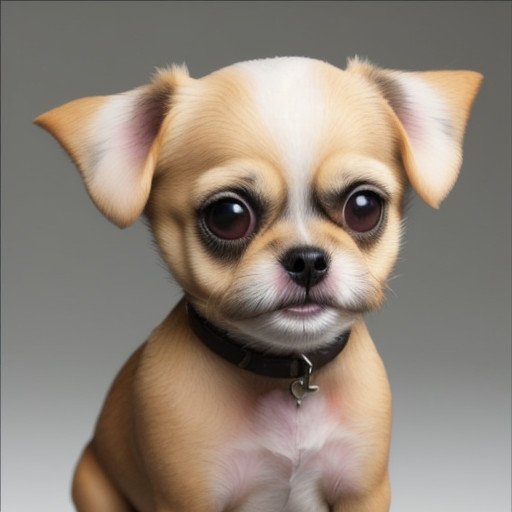
Caring for a small short-haired dog involves minimal grooming and exercise, making them suitable for a variety of lifestyles and living spaces. Whether you’re a busy professional or a retiree looking for a furry companion, there’s a short-haired small breed that can fit seamlessly into your life.
Overall, short-haired small dog breeds offer a perfect blend of companionship, convenience, and happiness. They truly enrich our lives and bring endless smiles and happiness to our homes.
You might be interested in reading this post as well Fluffy Small Dog Breeds
“Little Legends: Exploring the Charms of Short-Haired Small Dog Breeds” ** Introduction ** Welcome to the wonderful world of short hair small dog breeds! If you’re looking for a sweet, low-maintenance, and furry companion full of personality, you’ve come to the right place. Short-haired small breed dogs are not only adorable; They bring a unique…
You can read this post https://tomeshnews.co.in/small-dog-breeds-hypoallergenic/
Do short-haired small dogs shed less than long-haired breeds?

Short-haired small dog breeds typically shed less than long-haired breeds, but they still shed to some extent. Regular grooming can help minimize shedding and keep their coat healthy.
Are short-haired small dogs good for people with allergies?
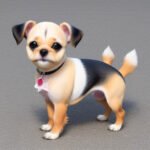
While no dog breed is completely hypoallergenic, short-haired small dog breeds may produce fewer allergens compared to long-haired breeds. However, individual reactions can vary, so spend time with the breed before making a decision.
How much exercise do short-haired small dogs need?

Exercise needs vary by breed, but most short-haired small dogs require regular walks and playtime to stay healthy and happy. Consult with a veterinarian to determine the appropriate exercise routine for your specific breed.
Do short-haired small dogs get along with children and other pets?

Many short-haired small dog breeds are friendly and sociable, making them good companions for children and other pets when properly socialized. Always supervise interactions and teach children how to interact respectfully with dogs.
How often should I groom a short-haired small dog?

Short-haired breeds generally require less grooming than long-haired breeds. Brushing once a week, regular baths as needed, and routine nail trimming and ear cleaning are typically sufficient for most short-haired small dogs.
